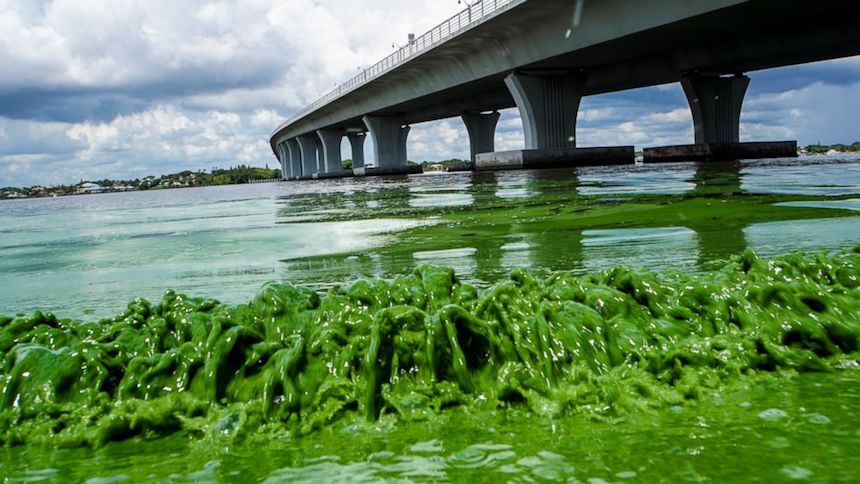 The U.S. Environmental Protection Agency has awarded $681,343 to The Ohio State University in Columbus, Ohio, for innovative research on the prediction, prevention, control and mitigation of freshwater harmful algal blooms.
The U.S. Environmental Protection Agency has awarded $681,343 to The Ohio State University in Columbus, Ohio, for innovative research on the prediction, prevention, control and mitigation of freshwater harmful algal blooms.
“When harmful algal blooms contaminate drinking water, we see huge impacts on public health, the environment and the economy,” said EPA Administrator Scott Pruitt. “The EPA-funded research announced today will create tools and strategies to support the states in detecting, understanding and mitigating HABs.”
Harmful algal blooms (HABs) are overgrowths of algae and cyanobacteria in water that can produce dangerous toxins that hurt the environment and local economies. HABs can have devastating effects on ecosystems, communities and the health of people, pets, livestock and wildlife. Recent large-scale HAB events in lakes, reservoirs and large river systems across the country emphasize the need for further research to improve water quality and protect public health.
Ohio State scientists will use the funding to develop a watershed classification system to diagnose and manage HABs in the upper Ohio River basin by determining characteristics related to distribution, duration and intensity of HABs.
The grant is awarded through EPA’s Science to Achieve Results (STAR) program and supports research to better understand the effects from less-common and less studied emerging freshwater HAB species and toxins. The research focuses on models and tools to identify indicators that states and regions can use to accurately predict when HABs occur and how to prevent them, and identify strategies to control and mitigate HABs and their effects.
Additionally, EPA awarded $760,000 to Iowa State University for research to control HABs in Iowa’s lakes. Iowa State scientists will use the grant to explore genetic and environmental factors controlling the occurrence of HABs in Iowa’s lakes and to produce tools and databases that will be accessible and useful for state and local decision-makers and managers dealing with HABs.
